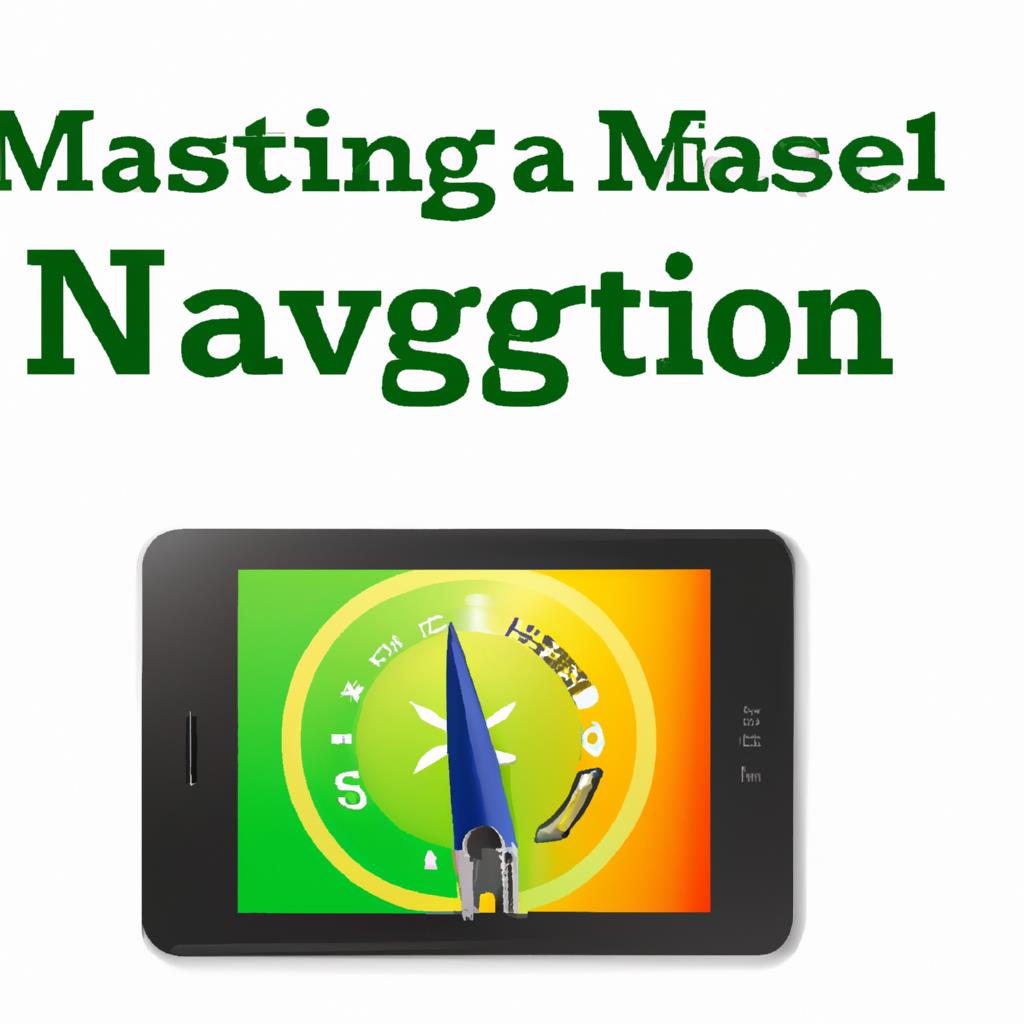Camping is a popular outdoor activity that allows people to connect with nature, relax, and unwind from the hustle and bustle of everyday life. Whether you are an experienced camper or a novice, one of the most important skills to master is navigation. Knowing how to use navigation tools properly can ensure your camping trip is safe and enjoyable.
When it comes to tenting and camping sites, having a good understanding of navigation tools is crucial. Whether you are hiking through the wilderness or setting up camp at a designated site, having the right tools can make all the difference. Here are some tips for mastering navigation tools for safe and efficient camping:
1. Map and Compass
One of the most basic navigation tools for camping is a map and compass. A map will provide you with valuable information about the terrain, nearby landmarks, and potential hazards. A compass will help you determine your direction and navigate through the wilderness with accuracy.Before setting out on your camping trip, make sure you have a detailed map of the area you will be exploring. Familiarize yourself with the map and pinpoint key landmarks that can help guide your way. Additionally, practice using a compass to determine your direction and find your way back to camp.
2. GPS Device
In today's digital age, a GPS device is a valuable tool for campers. A GPS device can provide you with real-time information about your location, track your route, and help you navigate through challenging terrain. Before heading out on your camping trip, make sure your GPS device is fully charged and loaded with the necessary maps and waypoints.Using a GPS device can be especially helpful when camping in remote areas or unfamiliar terrain. However, it is important to remember that a GPS device should not be relied on as the sole navigation tool. Always carry a map and compass as backup in case your GPS device malfunctions or loses signal.
3. Topographic Map
A topographic map is a detailed representation of the terrain, elevation, and natural features of a specific area. When camping in the wilderness, a topographic map can provide you with valuable information about the landscape, water sources, and potential hazards.Before embarking on your camping trip, study a topographic map of the area you will be exploring. Pay close attention to contour lines, which indicate changes in elevation, and key landmarks that can help guide your way. A topographic map can help you plan your route, avoid obstacles, and make informed decisions while camping.
4. Weather Forecast
Weather conditions can have a significant impact on your camping trip. Before heading out, check the weather forecast for the area you will be camping in. Knowing what to expect can help you plan accordingly, pack the right gear, and ensure your safety while camping.Pay attention to weather patterns, temperature changes, and potential storms that may affect your camping trip. Be prepared for sudden changes in weather and have a backup plan in case of emergency. Stay informed and stay safe while camping by monitoring the weather forecast regularly.
5. Signage and Trail Markers
While camping, keep an eye out for signage and trail markers that can help guide your way. Many campgrounds and hiking trails use signs and markers to indicate directions, waypoints, and important information for campers.Pay attention to signage and trail markers while camping to avoid getting lost or straying off course. Follow the designated routes, respect trail markers, and stay on marked paths to ensure your safety and minimize your impact on the environment. Stay alert and stay on track by following signage and trail markers while camping.
Conclusion
Mastering navigation tools for safe and efficient camping is essential for a successful outdoor adventure. Whether you are tenting in the wilderness or camping at a designated site, having the right tools and skills can make all the difference. By using maps, compasses, GPS devices, topographic maps, weather forecasts, and signage, you can navigate through the wilderness with confidence and ensure your camping trip is safe and enjoyable. Remember to plan ahead, stay informed, and be prepared for any challenges that may arise while camping. With the right navigation tools and skills, you can have a memorable camping experience while staying safe and secure in the great outdoors.


leave a comment